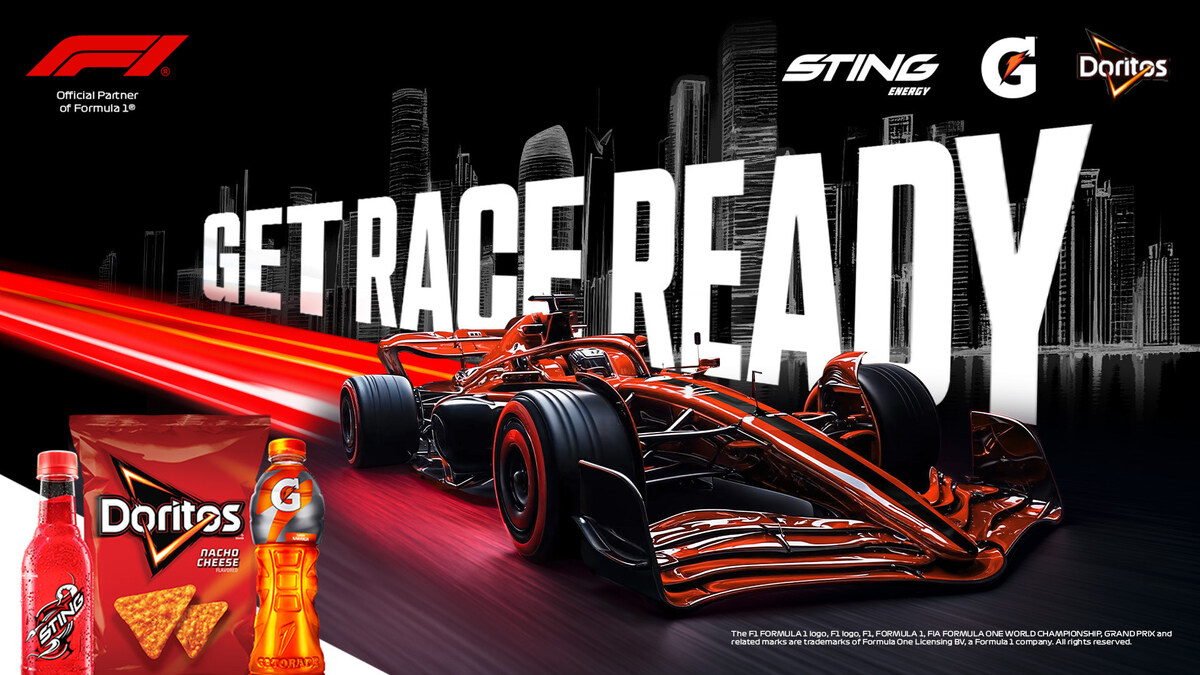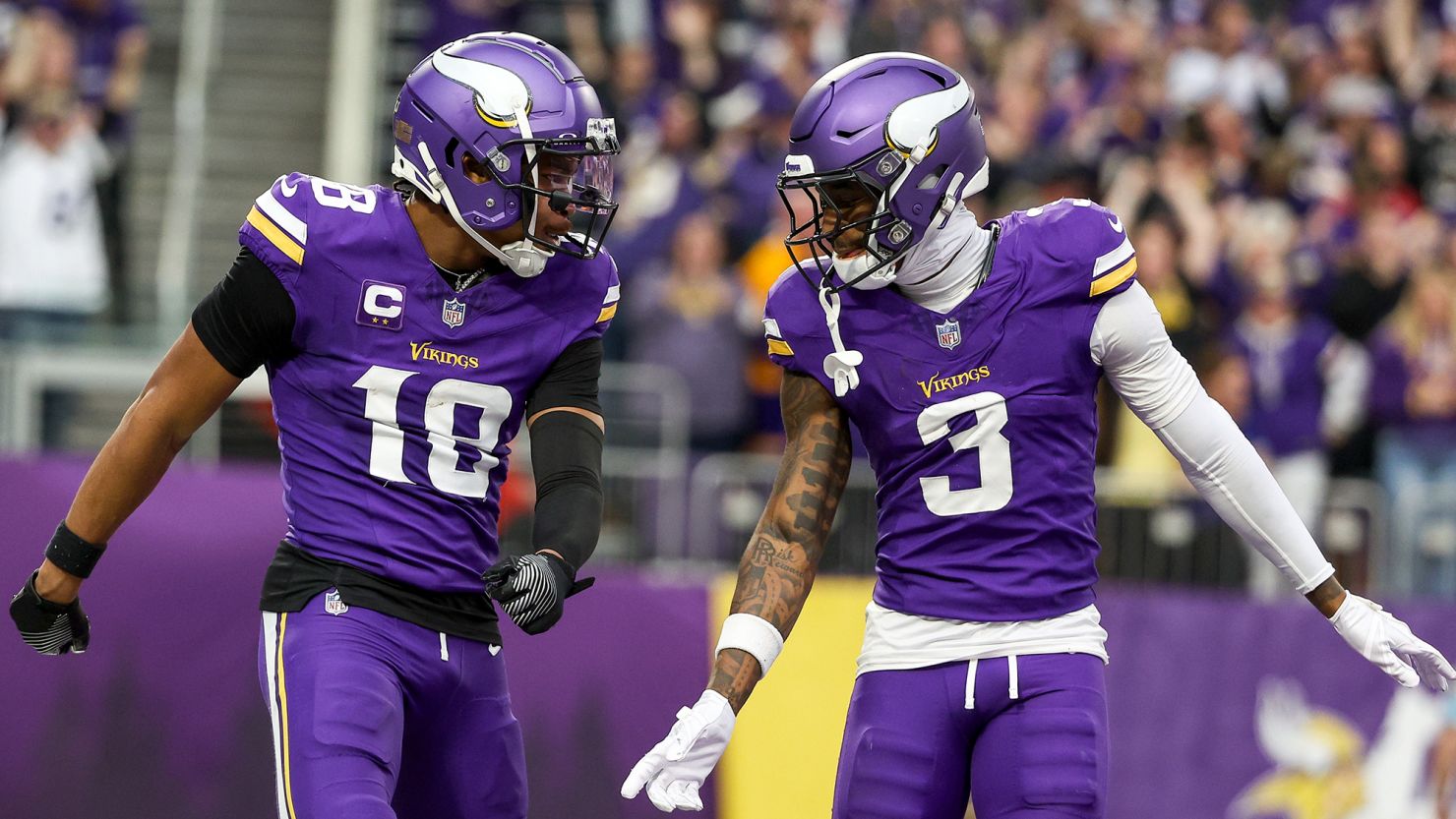When Formula 1 announced PepsiCo as an official sponsor, it wasn’t just another branding deal. It was a move steeped in market positioning, cultural ambition, and product architecture. But the most fascinating twist? Sting, Pepsi’s high-caffeine energy drink, is now the official energy drink of Formula 1.
This isn’t just about global visibility — it’s about energy category disruption, brand alignment, and playing the long game in a sector where Red Bull has dominated for decades.
Why This Move Makes Sense for Formula 1
Formula 1, under Liberty Media, has made no secret of its ambitions to become a global entertainment powerhouse. With new races in Miami, Las Vegas, and potentially Bangkok by 2028, F1 is not just racing — it’s touring.
PepsiCo, for all its legacy in soft drinks, brings a youthful, culturally relevant edge — a perfect partner for F1’s transformation into a sport-lifestyle hybrid. With an increasing Gen Z and millennial fanbase driven by Drive to Survive, TikTok, and Netflix-adjacent content, Pepsi offers activation prowess that traditional F1 sponsors often lack.
Why Sting, and Not Rockstar or Mountain Dew?
This is the strategic masterstroke.
Pepsi owns several energy brands — Rockstar, Mountain Dew, Gatorade (in the sports drink category). But Sting, primarily dominant in emerging markets like India, Southeast Asia, the Middle East, and parts of Africa, is uniquely placed.
Why Sting?
- High-caffeine, low-cost — appeals to price-sensitive, high-volume markets.
- Already growing in Asia and MENA — where F1 is aggressively expanding.
- No entrenched identity — unlike Rockstar in the West, Sting is a brand waiting to be globalised.
By positioning Sting as the energy brand of F1, Pepsi is weaponizing F1’s global audience to build aspirational energy demand in the Global South — where F1 is becoming a premium, exportable lifestyle and Sting is affordable fuel for ambition.
This is not about matching Red Bull in Europe. It’s about beating them to market maturity in India, Saudi Arabia, Thailand, and Vietnam.
What This Means for Sting’s Brand Positioning
Sting moves from convenience-store commodity to performance-lifestyle badge.
This association with F1:
- Adds adrenaline credibility.
- Opens up youth athlete and esports partnerships.
- Enables activation at Grand Prix weekends via trackside stalls, pop-ups, and digital drops.
Sting can now do what Red Bull did a decade ago — build culture around energy. Not just distribution.
Strategic Recommendations for Pepsi x Sting x F1
To fully leverage this alliance, here’s what we would advise at a consultancy level:
1. Create Localised, High-Octane Narratives
Tailor F1-Sting campaigns for priority markets like India, Indonesia, Saudi Arabia, and Nigeria. Use local languages, creators, and motorsport communities to drive relatability.
2. Invest in Talent and Crossover Events
Position Sting as the drink of rising drivers, pit crews, and engineers — not just fans. Think F1 Academy, sim racing, or even Formula E crossovers. Align with local motorsport talent as brand ambassadors.
3. Retail Activations Linked to F1 Events
During race weekends, push limited-edition Sting cans, QR-led gamification, and pit-stop vending machines in malls and transport hubs. Make F1 part of the lifestyle, not just TV content.
4. Build the F1 x Sting Playbook
Package a replicable “F1 x Sting Activation Toolkit” for global Pepsi distributors — outlining design, messaging, merchandising, and digital media guidelines that amplify the association year-round.
5. Monitor Red Bull Response
This deal will provoke a Red Bull counter — perhaps deeper driver sponsorships, newer race categories, or even consumer content blitzes. Pepsi must stay agile, data-led, and regionalised in how it responds.
This is more than a logo play. It’s a category challenge, a global expansion tool, and a bold attempt to take on the energy market through cultural leverage.
Pepsi isn’t just in F1. Sting is in pole position to become the energy drink of the next billion consumers.
Want to Build a High-Impact Sponsorship Strategy?
At 365247 Consultancy, we help brands unlock sport properties into high-performance brand ecosystems.
Whether you’re looking to disrupt an industry, launch a challenger brand, or dominate a new market, we deliver strategies that go far beyond logos.
IMAGE: PepsiCo


